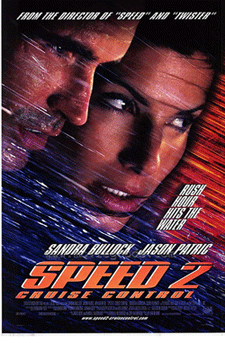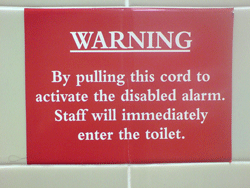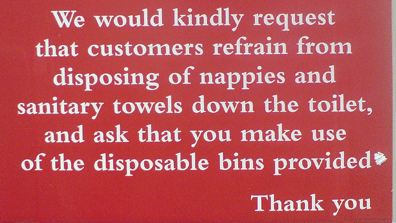Jargon in this case means terminology that is particular to your industry. So jargon is any kind of language that might not be understood by your reader.
But, to be honest, when I think of jargon I’m really thinking of something much worse: management speak. Things like:
- going forward
- deliverables
- paradigm
- eventualities
- synergies
- incentivise.
These are awful, evil words that you should only use if you want to obscure your meaning and sound pompous. Copywriting is about communicating. You can’t communicate if you hide behind indecipherable language and strange words that don’t really mean anything.
Always consider your writing from your reader’s point of view. Will they know what “offshoring” is?
(Picture courtesy of Raspberry Tart)











